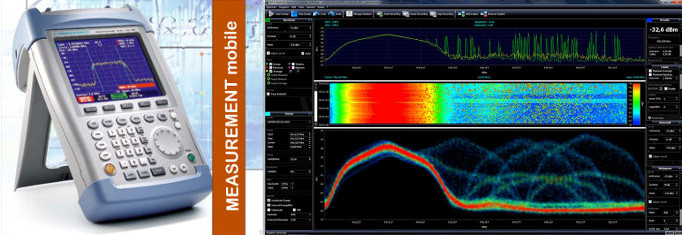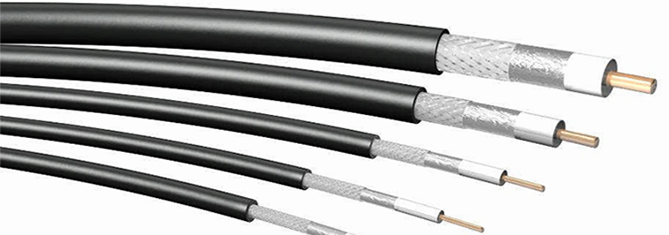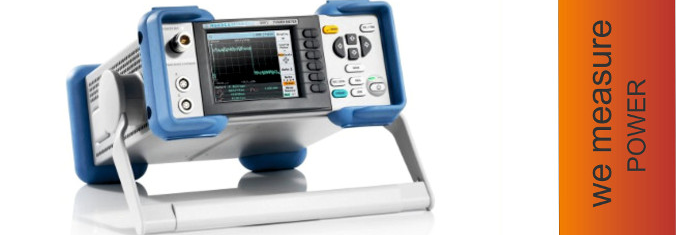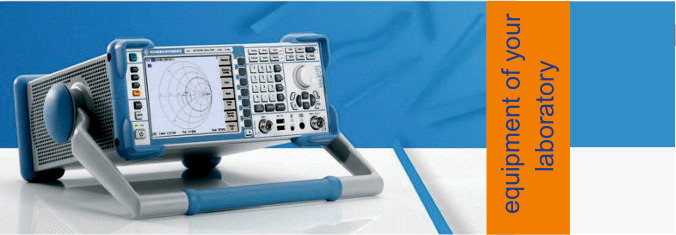Information and Tips

802.11ax access points that support 1024-QAM have new modulation and coding schemes (MCS) that define higher data rates. As with 256-QAM, 802.11ax APs will need very high SNR thresholds (~35 dB) to use 1024-QAM modulation.
In the table, the individual Modulations and the signal levels and SNR (signal to noise ratio) required for them are shown.
table:
| MCS Index | Modulation | Coding Rate | Relative constellation error (dB) |
|---|---|---|---|
| 0 | BPSK | 1/2 | -5 |
| 1 | QPSK | 1/2 | -10 |
| 2 | QPSK | 3/4 | -13 |
| 3 | 16-QAM | 1/2 | -16 |
| 4 | 16-QAM | 3/4 | -19 |
| 5 | 64-QAM | 1/2 | -22 |
| 6 | 64-QAM | 3/4 | -25 |
| 7 | 64-QAM | 5/6 | -27 |
| 8 | 256-QAM | 3/4 | -30 |
| 9 | 256-QAM | 5/6 | -32 |
| 10 | 1024-QAM | 3/4 | -35 |
| 11 | 1024-QAM | 5/6 | -35 |
| Modulation Techniques | Rate | Min Sesitivity @ 20 MHz | Min Sesitivity @ 40 MHz (dBm) | Min Sesitivity @ 80 MHz (dBm) | Min Sesitivity @ 160 MHz (dBm) |
|---|---|---|---|---|---|
| BPSK | 1/2 | -82 | -79 | -76 | -73 |
| QPSK | 1/2 | -79 | -76 | -73 | -70 |
| QPSK | 3/4 | -77 | -74 | -71 | -68 |
| 16-QAM | 1/2 | -74 | -71 | -68 | -65 |
| 16-QAM | 3/4 | -70 | -67 | -64 | -61 |
| 64-QAM | 2/3 | -66 | -63 | -60 | -57 |
| 64-QAM | 3/4 | -65 | -62 | -59 | -56 |
| 64-QAM | 5/6 | -64 | -61 | -58 | -55 |
| 256-QAM | 3/4 | -59 | -65 | -53 | -50 |
| 256-QAM | 5/6 | -57 | -54 | -51 | -48 |
| 1024-QAM | 3/4 | -54 | -51 | -48 | -45 |
| 1024-QAM | 5/6 | -52 | -49 | -46 | -43 |







